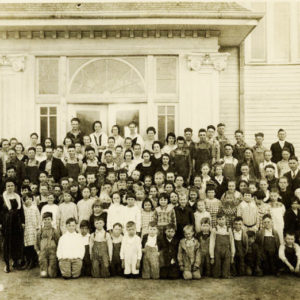 Elkins School
Elkins School
Entry Category: Cities and Towns - Starting with E
 Elkins School
Elkins School
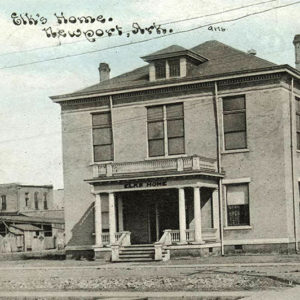 Elks Lodge
Elks Lodge
Elm (Clark County)
Elm Park (Scott County)
Elm Springs (Washington and Benton Counties)
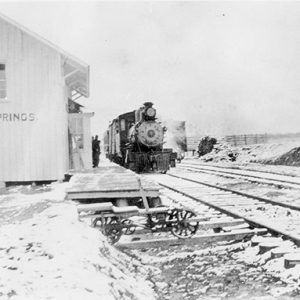 Elm Springs Depot
Elm Springs Depot
Elmo (Independence County)
Elmore (Hot Spring County)
Emerson (Columbia County)
Emmet (Nevada and Hempstead Counties)
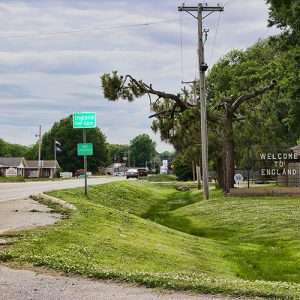 England
England
England (Lonoke County)
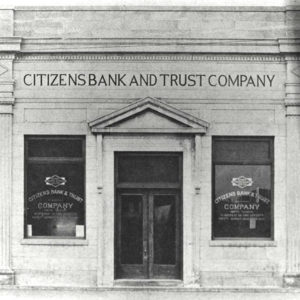 England Bank
England Bank
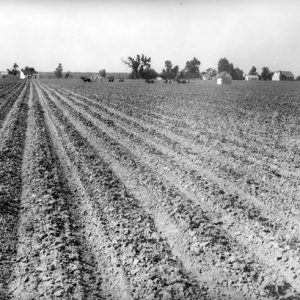 England Cotton Fields
England Cotton Fields
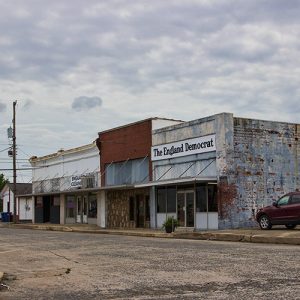 England Democrat
England Democrat
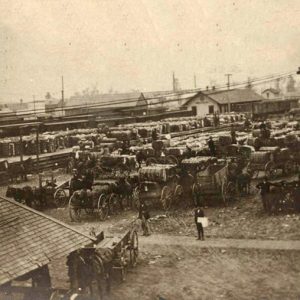 England Depot
England Depot
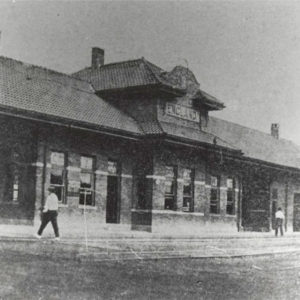 England Depot
England Depot
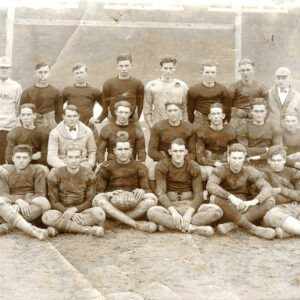 England Football Team
England Football Team
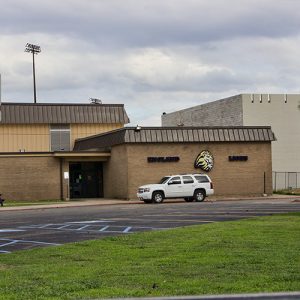 England High School
England High School
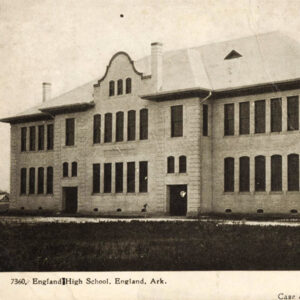 England School
England School
 England Schools
England Schools
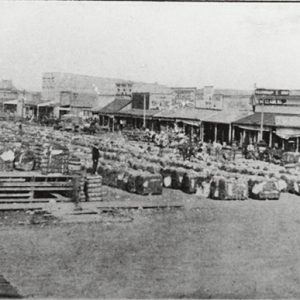 England Street Scene
England Street Scene
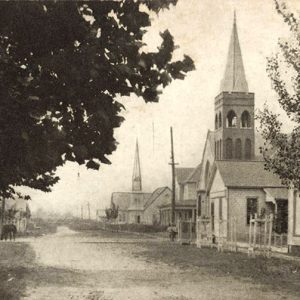 England Street Scene
England Street Scene
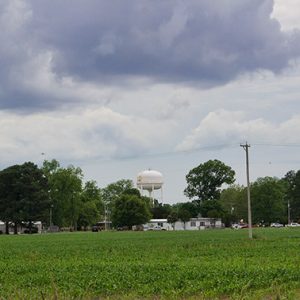 England Water Tower
England Water Tower
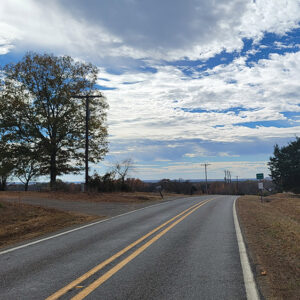 Entering Enola
Entering Enola
Enola (Faulkner County)
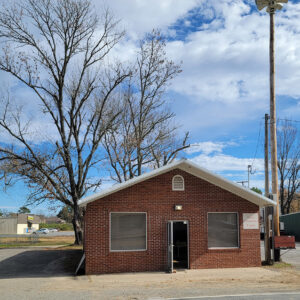 Enola Community Center
Enola Community Center
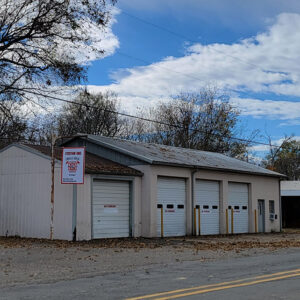 Enola Fire Department
Enola Fire Department
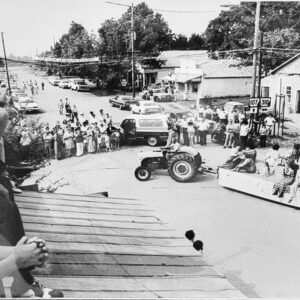 Enola Parade
Enola Parade
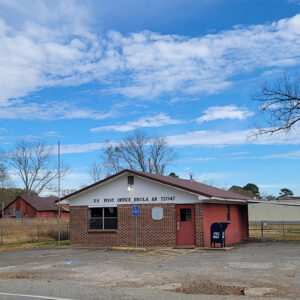 Enola Post Office
Enola Post Office
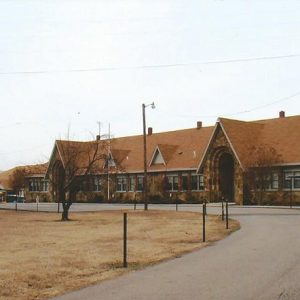 Enola School
Enola School
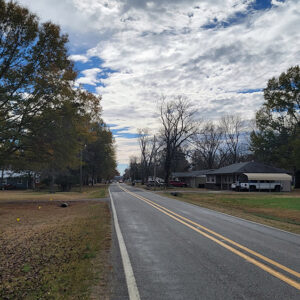 Enola Street Scene
Enola Street Scene
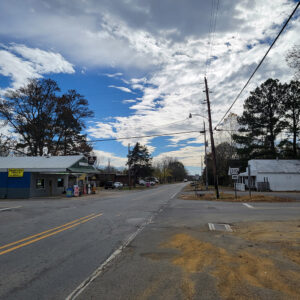 Enola Street Scene
Enola Street Scene
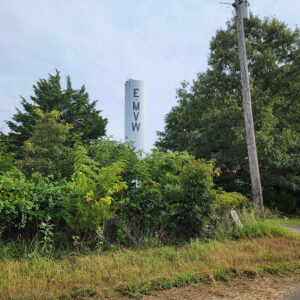 Enola/Mount Vernon Water Tower
Enola/Mount Vernon Water Tower
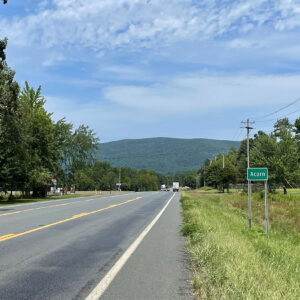 Entering Acorn
Entering Acorn
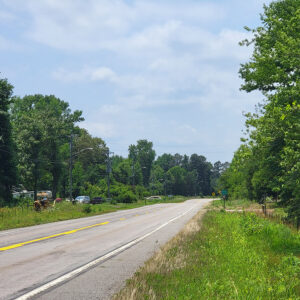 Entering Adona
Entering Adona
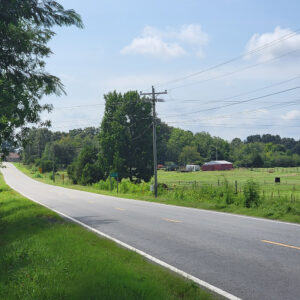 Entering Antioch
Entering Antioch
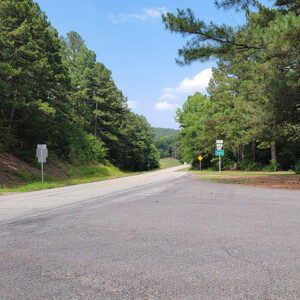 Entering Aplin
Entering Aplin
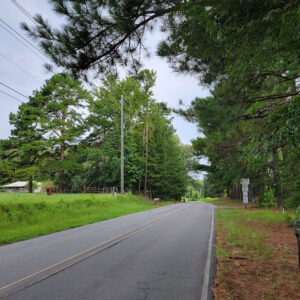 Entering Austin
Entering Austin
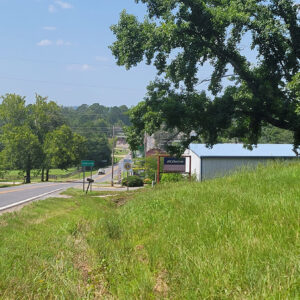 Entering Bismarck
Entering Bismarck
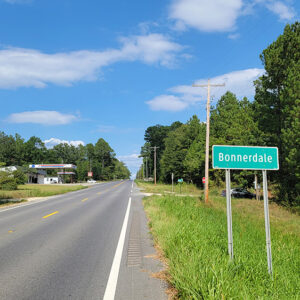 Entering Bonnerdale
Entering Bonnerdale
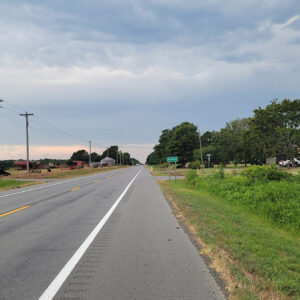 Entering Brummitt
Entering Brummitt
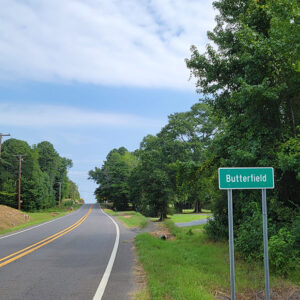 Entering Butterfield
Entering Butterfield
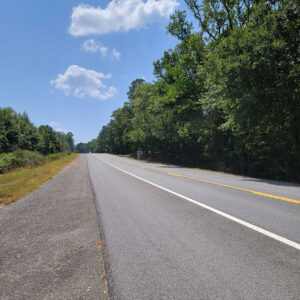 Entering Caddo Valley
Entering Caddo Valley
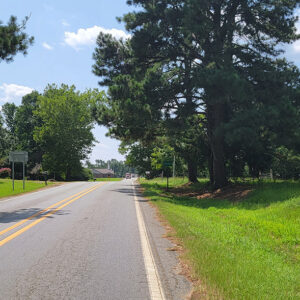 Entering Calmer
Entering Calmer
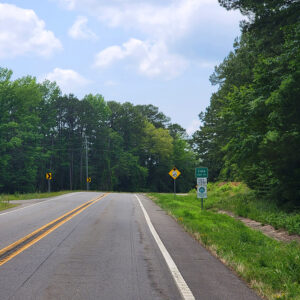 Entering Casa
Entering Casa
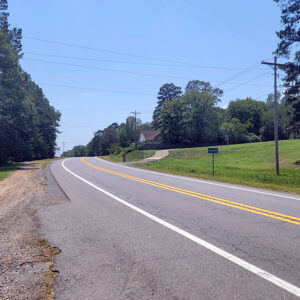 Entering Central
Entering Central
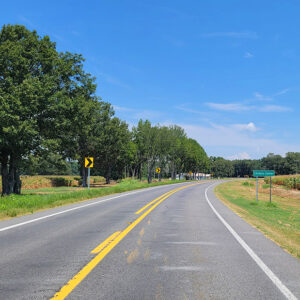 Entering Childers Corner
Entering Childers Corner
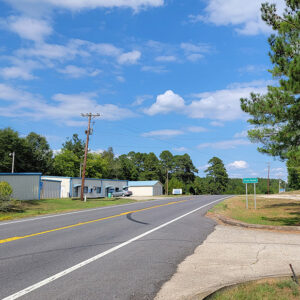 Entering Cross Roads
Entering Cross Roads
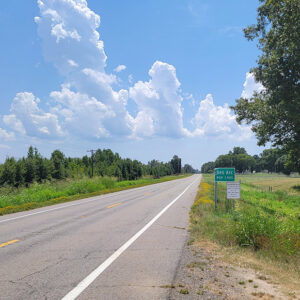 Entering Des Arc
Entering Des Arc




